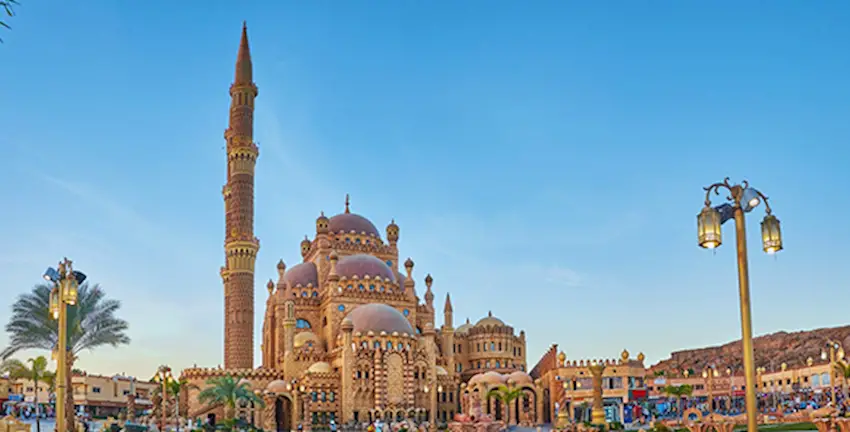Members of the inter-Parliamentary Union Standing Committee on Sustainable Development are meeting today to discuss preparations ahead of COP27 this November.
Rwanda is currently hosting a week-long inter-Parliamentary Union conference at the Kigali Convention Centre.
At this conference in Kigali, the IPU standing committees engaged in panel discussions on subjects of climate change, war, atrocities on civilians as triggers of global food insecurity.
From 6 to 18 November, Egyptian coastal city of Sharm el-Sheikh will host the 27th Conference of the Parties to the United Nations Framework Convention on Climate Change – COP27.
COP 27 was originally expected to take place from 8-20 November 2021. Due to the COVID-19 pandemic, COP 26 was rescheduled from November 2020 to November 2021. As a result, COP 27 will take place from 6-18 November 2022.
Faced with a growing energy crisis, record greenhouse gas concentrations, and increasing extreme weather events, COP27 seeks renewed solidarity between countries, to deliver on the landmark Paris Agreement, for people and the planet.
Heads of State, ministers and negotiators, along with climate activists, mayors, civil society representatives and CEOs will meet for the largest annual gathering on climate action.
Discussions will dwell on urgently reducing greenhouse gas emissions, building resilience and adapting to the inevitable impacts of climate change, to delivering on the commitments to finance climate action in developing countries.
What to expect at COP27
“The work ahead is immense. As immense as the climate impacts we are seeing around the world,” UN Secretary-General Antonio Guterres said during a pre-COP meeting this week.
“A third of Pakistan flooded. Europe’s hottest summer in 500 years. The Philippines hammered. The whole of Cuba in black-out,” he listed.
Adding that in the US, Hurricane Ian has delivered “a brutal reminder that no country and no economy is immune from the climate crisis.”
The onslaught of climate disasters in 2022 has left little breathing space for the international community to respond. And, as the latest report from the UN’s Intergovernmental Panel on Climate Change (IPCC) shows, time is ticking ever more dangerously towards the 1.5C threshold of global warming.
“COP27 is critical – but we have a long way to go,” adds Guterres.
Understanding COP27
The UN Climate Change Conference (the official name for climate Conferences of the Parties) has happened every year since 1995. These two-week summits are an important space for world leaders, politicians, experts and a whole host of other people to discuss the climate crisis on a global level.
The annual conferences bring together those that signed the United Nations Framework Convention on Climate Change (UNFCCC) – an international environmental treaty addressing climate change – 30 years ago.
Every UN member state is a signatory for the UNFCCC, as well as Palestine, the Cook Islands and Niue. The Holy See is also an observer of the treaty. Effectively every nation, country, or state in the world is involved, giving a total of 197 signatory parties.
Each year representatives from every party come together to discuss action on climate change for the Conference of the Parties or COP. Following COP26 in Glasgow last year, the 27th COP is being hosted in Egypt next month.








